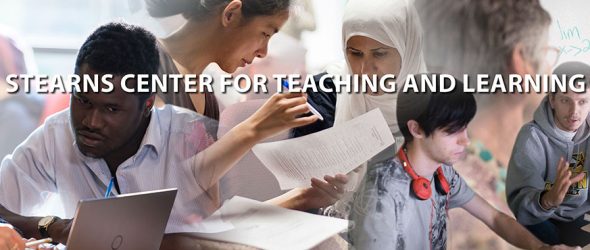
Writing Across the Curriculum is proud to sponsor “Partners on the Page,” a special event at George Mason’s annual Fall for the Book festival featuring an evening with author Laura Micciche as she showcases the power of partnerships in the writing community and the genre of written acknowledgments.
Partners on the Page will take place on Thursday, October 12 at 4:30pm on the 3rd floor of the Johnson Center in Meeting Room G.
WAC is also excited for our partner’s event, “Research in Rhetoric: Digital, Visual and Archival Methods.” The George Mason University chapter of the Society for Technical Communication brings Dr. Douglas Eyman, Dr. Laurie Gries, and Dr. Jennell Johnson together for a panel discussion about research methods in the fields of rhetoric, composition, and communication.
Research in Rhetoric will take place in Meeting Room G of the Johnson Center at 6:00pm following the Partners on the Page presentation.
Don’t miss these two great, back-to-back events!
Fall for the Book runs from October 11th – 14th. Find more information about the many incredible authors coming to campus at www.fallforthebook.org.


